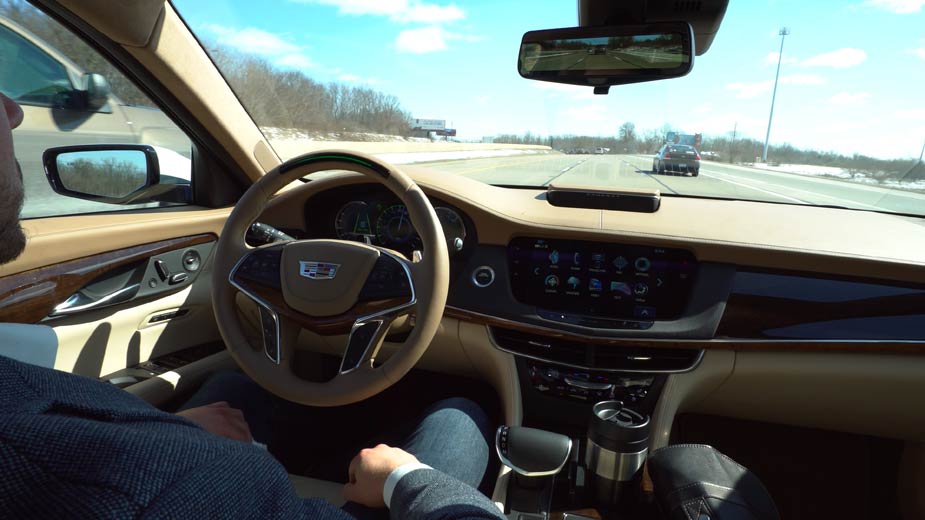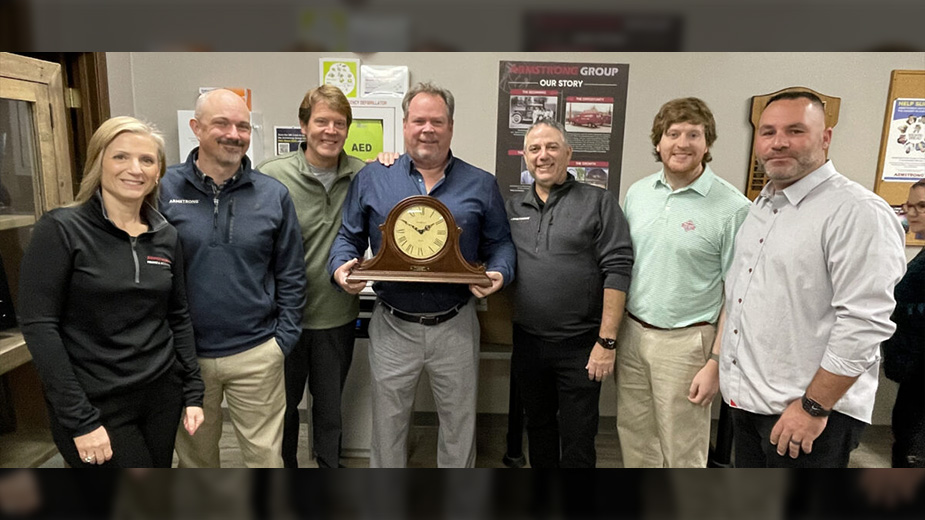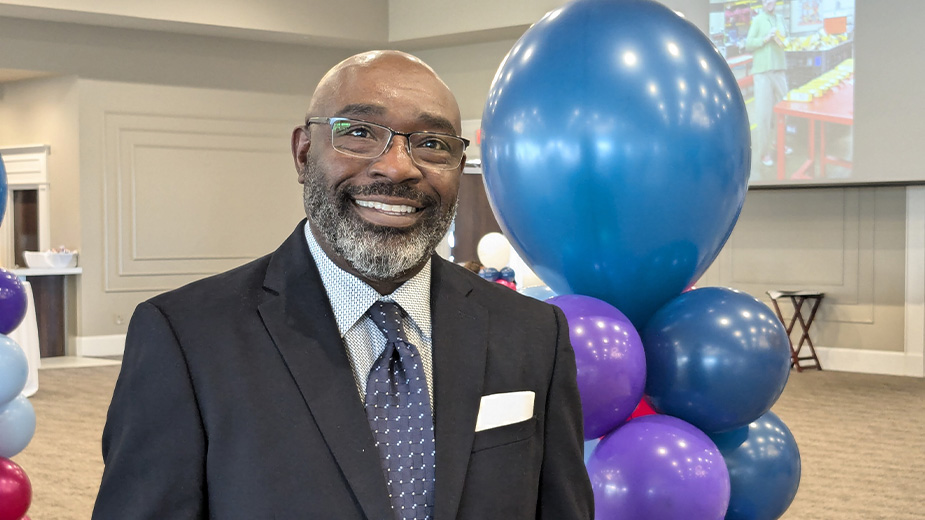More Americans Willing to Ride in Self-Driving Cars
PITTSBURGH — American drivers are more willing to embrace self-driving vehicles with 63% of U.S. drivers report feeling afraid to ride in a fully self-driving vehicle, a significant decrease from 78% in early 2017, according to a new study from AAA.
The annual survey reveals millennial and male drivers are the most trusting of autonomous technologies, with only half reporting they would be afraid to ride in a self-driving car.
“More than 20 million Americans say they would trust a self-driving vehicle, which is a large shift in attitude over one year,” said Theresa Podguski, AAA East Central director of legislative affairs in a news release. “Exposure to the technologies has likely helped ease fears, especially among millennials who are nearly 20% less skittish about autonomous vehicles than baby boomers.”
Conversely, the concept of sharing the road with a fully self-driving vehicle is still something that drivers are leery of. In AAA’s survey, only 13% of U.S. drivers report that they would feel safer sharing the road with a self-driving vehicle while nearly half (46%) would actually feel less safe. Others say they are indifferent (37%) or unsure (4%.
Additional survey results include:
- Women (73%) are more likely than men (52%) to be afraid to ride in a self-driving vehicle, and more likely to feel less safe sharing the road with a self-driving car (55% versus 36%).
- Millennials are the most trusting of self-driving vehicles, with only 49% (down from 73%) reporting that they would be afraid to ride in a self-driving car. While the majority of baby boomers (68%) still report being afraid to ride in a self-driving car, this generation is significantly more comfortable with the idea than they were a year ago, when 85% reported being afraid.
- Baby boomers (54%) and Generation X (47%) drivers are more likely than millennial drivers (34%) to feel less safe sharing the road with a self-driving car.
Although fears of self-driving vehicles appear to be easing, U.S. drivers report high confidence in their own driving abilities. Despite the fact that more than 90% of crashes involve human error, three-quarters (73%) of U.S. drivers consider themselves better-than-average drivers. Men, in particular, are confident in their driving skills with eight in 10 considering their driving skills better than average.
“This confidence could explain some of the hesitation among Americans to give up control to a self-driving vehicle,” explained Podguski.
Previous testing of automatic emergency braking, adaptive cruise control, self-parking technology and lane keeping systems has shown both great promise and great variation. Future AAA testing will look at how well systems work together to achieve higher levels of automation.
Copyright 2024 The Business Journal, Youngstown, Ohio.



